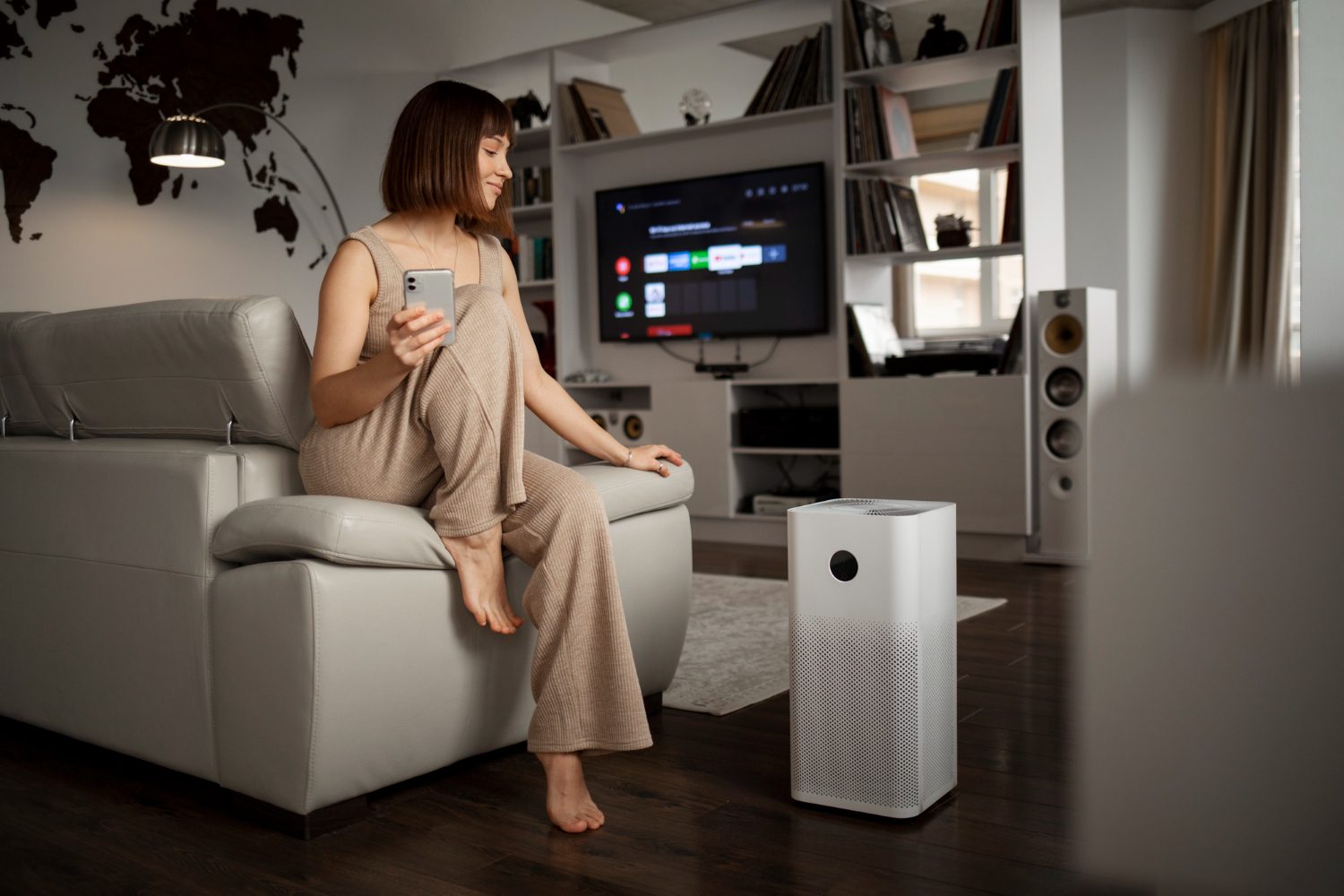When it comes to maintaining a healthy and comfortable living space, two crucial aspects often overlooked are appliance repair and indoor air quality. These two elements may seem unrelated at first glance, but they have a significant connection that can impact your health and wellbeing. In this article, we’ll delve into the importance of appliance repair and its direct correlation with indoor air quality.
The Importance of Appliance Repair
Regular appliance repair is essential to ensure your household appliances function efficiently and safely. A malfunctioning appliance can lead to various issues, including increased energy consumption, reduced performance, and even safety hazards. For instance, a faulty refrigerator can cause food spoilage, while a defective oven can pose a fire risk.
Indoor Air Quality: An Overview
Indoor air quality (IAQ) refers to the air quality within buildings, which is often two to five times more polluted than outdoor air. Poor IAQ can lead to various health issues, including respiratory problems, allergies, and even cancer. Common indoor air pollutants include particulate matter, volatile organic compounds (VOCs), and carbon monoxide.
The Connection Between Appliance Repair and Indoor Air Quality
So, how do appliance repair and indoor air quality intersect? The answer lies in the way malfunctioning appliances can compromise IAQ. Here are a few examples:
- Refrigerator Leaks: A faulty refrigerator seal or worn-out door gaskets can lead to refrigerant leaks, which contain VOCs that contaminate indoor air.
- Oven and Stove Emissions: A defective oven or stove can release harmful pollutants, including particulate matter, carbon monoxide, and VOCs, into the indoor air.
- Dishwasher Moisture: A malfunctioning dishwasher can create excessive moisture, fostering mold growth and releasing spores into the air.
The Impact of Poor Appliance Repair on Indoor Air Quality
When appliances are not properly repaired or maintained, they can significantly degrade IAQ. This can lead to a range of health issues, including:
- Respiratory Problems: Inhaling polluted indoor air can exacerbate respiratory conditions like asthma and chronic obstructive pulmonary disease (COPD).
- Allergies and Sensitivities: Exposure to indoor air pollutants can trigger allergic reactions and sensitivities.
- Long-term Health Risks: Prolonged exposure to poor IAQ has been linked to increased risk of cancer, cardiovascular disease, and neurological disorders.
The Role of Regular Appliance Maintenance
Regular appliance maintenance is crucial in preventing malfunctioning appliances from compromising indoor air quality. Some essential maintenance tasks include:
- Filter Replacement: Replace filters in appliances like refrigerators, ovens, and dishwashers regularly to prevent pollutant buildup.
- Seal Inspection: Inspect seals and gaskets on appliances like refrigerators and ovens to ensure they are intact and functioning properly.
- Cleaning: Clean appliances regularly to prevent dust and debris accumulation.
Professional Appliance Repair Services
While regular maintenance is essential, there may be instances where professional appliance repair services are necessary. It’s crucial to hire a reputable and experienced technician who can diagnose and repair appliances efficiently and safely.
The connection between appliance repair and indoor air quality is undeniable. Malfunctioning appliances can significantly degrade IAQ, leading to various health issues. By prioritizing regular appliance maintenance and seeking professional repair services when needed, you can ensure a healthy and comfortable living space.
Additional Tips for Improving Indoor Air Quality
In addition to proper appliance repair and maintenance, here are some additional tips to improve indoor air quality:
- Use an Air Purifier: Install an air purifier in your home to remove pollutants and particulate matter from the air.
- Increase Ventilation: Open windows and doors to increase ventilation and allow fresh outdoor air to enter your home.
- Reduce Chemical Use: Limit the use of chemical-based cleaning products, which can release VOCs into the air.
By implementing these strategies, you can create a healthier and more comfortable living space for yourself and your loved ones.
